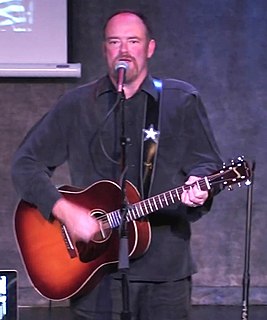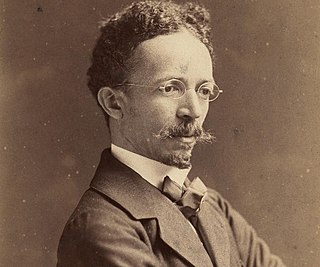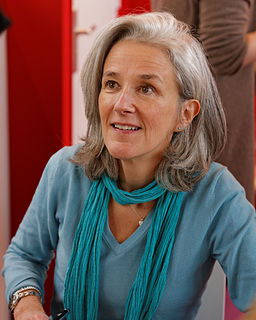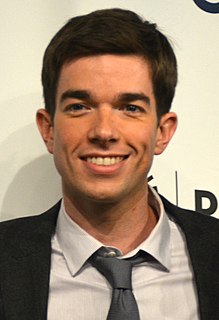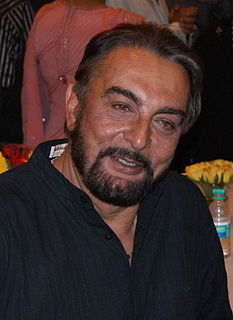A Quote by N. R. Narayana Murthy
We are not the same India that the world saw in the 1970s and '80s. Hence, we have a responsibility to live up to the pedestal on which we have been put.
Related Quotes
When my father was, you know, a very big artist in the 1970s and then later up through the '80s. And then I began playing guitar with him in the road in the late '80s until he retired in 1997. So I traveled the world with them for years, you know, and all around the world and got to meet some great people.
I don't know that there has ever been a time when Abraham Lincoln didn't stand head-and-shoulders above all other presidents in the historians' eye. But relatively speaking, there have been peaks and a troughs. One peak was in the 1910s-20s; a major trough was in the 1970s-80s. We are certainly on a peak again, something which began in 1994 with Michael Burlingame's 'The Inner World of Abraham Lincoln,' which showed in fabulous detail how many new and untapped sources were available on Lincoln.
For a hundred years or more the world, our world, has been dying. And not one man, in these last hundred years or so, has been crazy enough to put a bomb up the asshole of creation and set it off. The world is rotting away, dying piecemeal. But it needs the coup de grace, it needs to be blown to smithereens. Not one of us is intact, and yet we have in us all the continents and the seas between the continents and the birds of the air. We are going to put it down ? the evolution of this world which has died but which has not been buried.
The Anglo-Saxon world saw India as an underdeveloped country. The land of snake charmers, the cows on the street, that "ex-colony-backward-nation" kind of viewpoint, very condescending. Europe on the other hand, saw India in a more romantic, mystical, spiritual way, as a place that's a fountain of wisdom.
But I remember the morning after The Mask of Virtue-which is the first play I did at the West End-that some critics saw fit to be as foolish as to say that I was a great actress. And I thought, that was a foolish, wicked thing to say, because it put such an onus and such a responsibility onto me, which I simply wasn't able to carry. And it took me years to learn enough to live up to what they said-for those first notices. I find it so stupid. I remember the critic very well, and have never forgiven him.
What I saw quite clearly in the '80s, before the internet, was that the whole world was shifting toward digital formats, and that didn't matter whether it's movies or writing or whatever. It was something that was coming. And with the invention of the World Wide Web in the early '90s, when we were teaching our first courses, or the arrival of the internet by way of the browser, which opened up the internet to everybody - soon it was just revolutionary.

